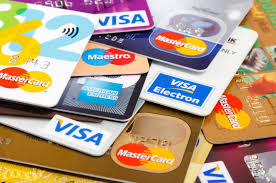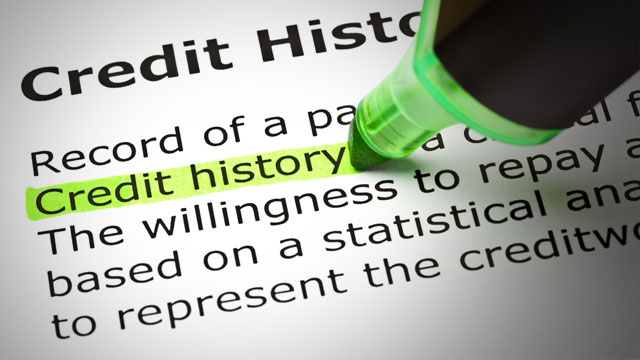Using store credit cards may not offer the same value as conventional credit cards, still they are an effective way for consumers looking to mitigate their credit problems. If your credit score is low, a store credit can be a good option for you to rebuild your credit, as they are easily available than normal credit cards for which consumers need to have an adequate credit score. In addition, store credit cards are also a good alternative to subprime credit cards that carry higher interest rates. In this blog post, we have listed four store credit cards that you can use to get some significant discounts as well as improve your credit score.
1. MY BEST BUY Reward Zone Credit Card
MY BEST BUY credit card comes in two categories — MY BEST BUY CREDIT CARD and MY BEST BUY VISA CARD. Though both the cards offer a five percent back in rewards as well as promotional financing, the later also allows two percent back in rewards for dining, grocery, and gas purchase, outside Best Buy. You can use the MY BEST BUY VISA card to get one percent back in rewards for everyday purchases as well. The BEST BUY Mastercard has no annual fee.
Note: The reward you get for gas purchases on MY BEST BUY VISA is only available through April 2016.
2. Walmart Credit Card
Just like MY BEST BUY credit card, consumers don’t have to pay any annual fee to get this store credit card. Though the card does not offer substantial rewards, they get customers some discounts on gas and special financing offers. Unlike some of the other store cards, the Walmart credit card gives its applicants the privilege to also receive a monthly update of their FICO credit scores.
3. Kohl’s Charge Card
Kohl’s Charge provides its credit card applicants discounts at least 12 times a year. You receive a 20 percent discount on your first purchase. In addition, when you become their MVC or Most Valued Customer, you receive six more offers every year. Applicants don’t have to pay any fee to sign up for or use this credit card.
4. Lowe’s Consumer Credit Card
Consumers can use this store credit card to either get a five percent discount on everyday shopping or sign up for a 12-month or 18-month special financing. No interest is charged to your account till the moment you settle the card’s payments within 12 or 18 months, depending on the financing option you have chosen. The Walmart credit card attracts no credit fee. In addition, Lowe’s credit cardholders can also combine the special financing options with the five percent discount till their purchase values meet the minimum purchase threshold.
Conclusion
Store credit cards can be a great way to rebuild credit and resolve your credit score problem as the benchmark credit score to sign up for them is not as high as that required for conventional credit cards. However, these cards often have high interest and, therefore, should be used judiciously. In fact, it’s ideal to consult a professional offering credit repair services before you sign up for a store credit card or look for other ways to restore your credit.



